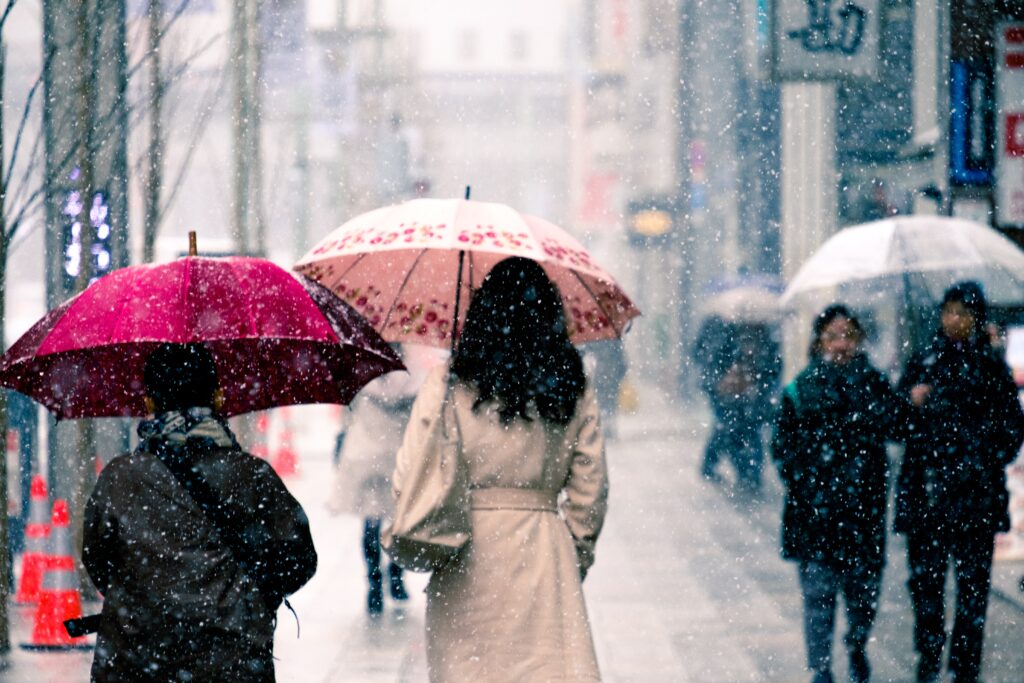What does growing up in a family teach you?

With time, I started to realize that certain fates in life are inevitable.
To be in kinship by birth in this life — parents and children, brothers and sisters, implies that with every step taken, we are fated to drift apart farther and farther. We started off close but eventually end up at different terminals.
The journey of a son — like me, is no different than chasing the back of my parents. One corner after another, I traversed the floorplan of schools, the map of cities, and the labyrinth of life realities. I thought I would unite with my parents when I learned to be an adult just like they are. I thought we would have more common interests and topics for conversation. But we drifted only farther.
Despite trying to close the distance, at a round table, one reunion after another, eventually, I still lost them at their shadows. What started out as holding my tiny hands daily ended up as waving my big, roughened hands sparingly. It seems inevitable.
. . .
Such is the fate of this life contract called family. As an ecologist, my life revolves around the globe (because I find too many things genuinely interesting), but that also means I call no place a permanent home. I find families in different corners of the world, from the humid tropics to the frigid Alps, and I left one after another (with the exception of the deep sea as I am not that good with water). Through these journeys of ebbs and flows, I have not only felt less “stray”, but also become a stronger believer in the family called “Tree of Life”.
I know I am not alone. I started to feel impalpable connections with many different lifeforms through our common life philosophies, not merely appearance or DNA sequence. I could see the parting fate being re-played everywhere. It is a fate just like the young lions’ inevitable eviction from their pride in exchange for both freedom and loneliness; It is a fate like the dandelions sailing through a gust of wind in search of fertile ground and fresh air.
Most times, it seems they leave nothing but perishables, no words, no trails, not even memories if the parting happens too quickly. Some say this is all for some selfish genes to propagate, or for genetic diversity, etc. But is that it?
. . .
With distance, I started to realize the true flavor of freedom, all the sweet-, sour-, and bitter-ness of life.
This parting fate has important value — it increases distances but also freedom, it gives me time and space to develop my mind and preferences. It teaches me to live life with a reason, a purpose to seek, to seek something immaterial and less about rituals. It teaches us what we truly long as humans (even for those who have bad parents/family I reckon).
This parting fate is something of significance to the mind, for I know of no ordinary materials or chemicals that can learn to walk away from, or come back for any relationship with such degrees of freedom. The mind builds new connections, sometimes pulling thousands of kilometers of spellbinding rope through thousands of years together, a kind of bond that mere chemicals can never dream of (Okay, perhaps quantum particles can have their bits of entangled romance…).
After a departure, eventually, we seek to fulfill a certain longing for belonging, a vacancy so to say, with new partners, in crime, in joy, and in hardship, to finally partners with whom the distance’s so close that we can call a family and start over. Ideally, we seek new kinship not of blood and skin this time, but of the mind.
How beautiful is this fate of mindless molecules and chemical bonds, knowing to seek out a distant mind as wonderful, rather than of the familiar flesh and blood?
© Marmotian 2023
. . .
Thank you for reading.
As an ecologist, I am reminded of this breathtaking scene of flying seeds while writing this piece, I highly recommend you check it out:

